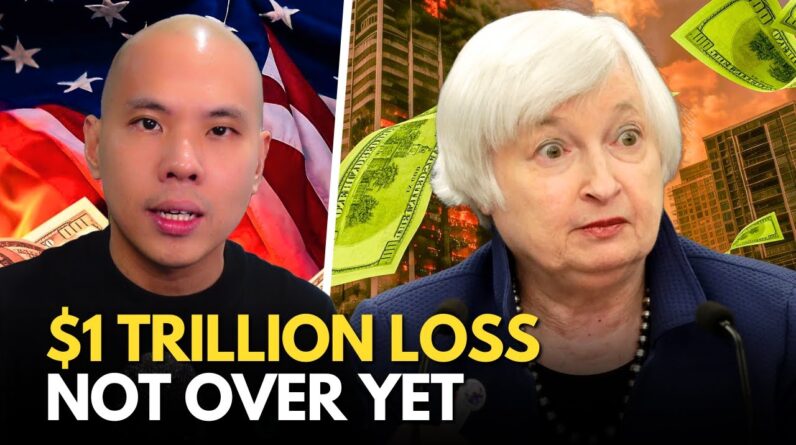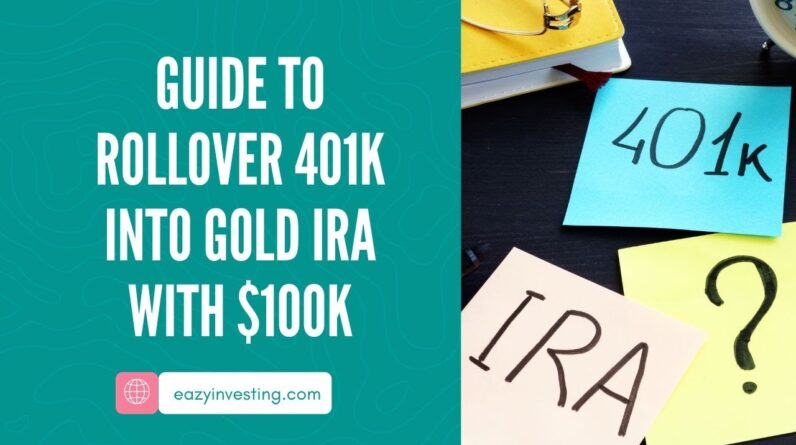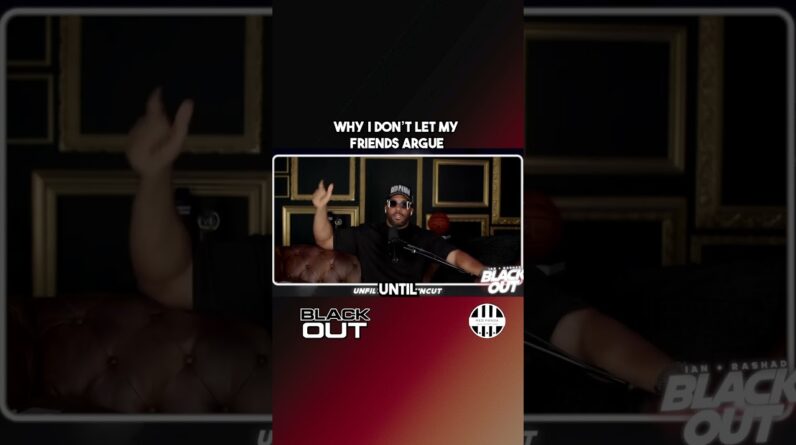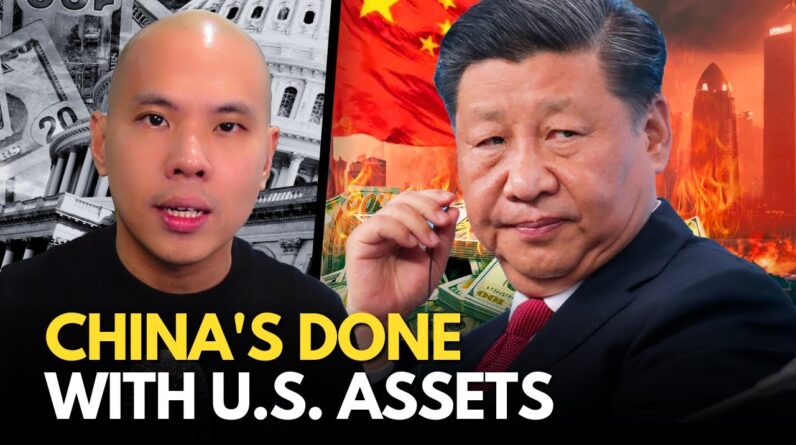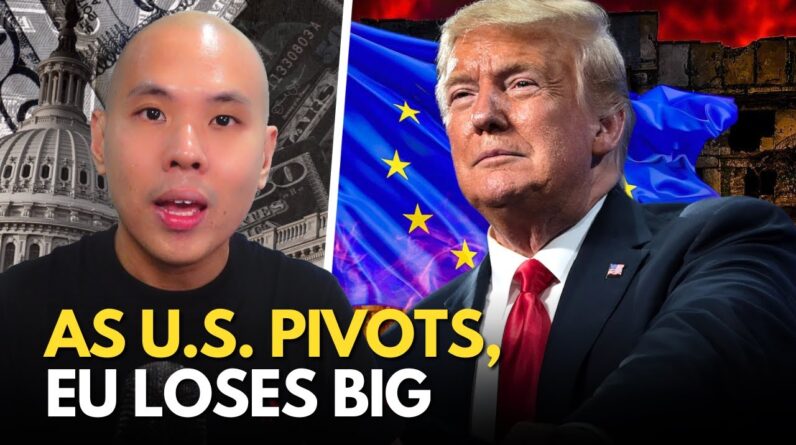I have always been fascinated by the complex dynamics between the Arab world and Western brands. As a writer, the ongoing OPEC crisis has captured my attention, particularly the impact it has had on the global oil market. Recently, I stumbled upon an interesting development – the US seems to be shifting its attention to Guyana, as it rushes in pursuit of oil. In this blog post, I will dive deeper into the Arab world’s rejection of Western brands and explore the ongoing OPEC crisis, while shedding light on the US’ growing interest in Guyana’s oil reserves. Let’s embark on this journey together to gain a better understanding of these interconnected events.
Introduction
As an observer of global events, I find myself deeply intrigued by the current developments in the Arab world and the ongoing OPEC crisis. In recent times, an increasing number of boycotts on American brands have emerged as a direct consequence of the Middle East crisis. These boycotts have not only put significant pressure on President Biden for a lasting ceasefire but have also caused chaos within OPEC, as the United States seeks to secure oil from Guyana. As a result, this article delves into the reasons behind the Arab world’s rejection of Western brands and the urgency with which the US is pursuing oil from Guyana.
The Growing Boycott Movement
Headings:
- The Boycotts on American Brands
- Targeted Companies: McDonald’s, Pepsi, and Starbucks
Sub-headings:
1.1 The Middle East Crisis: A Catalyst for Boycotts
1.2 Boycotts Put Pressure on President Biden for Ceasefire
The Middle East crisis has played a crucial role in fueling the growing boycott movement against American brands. Angry over America’s perceived support for Israel, citizens of the Arab world are taking action to express their discontent. These boycotts have become a powerful tool for the people to voice their concerns and put pressure on President Biden for a lasting ceasefire. The refusal to patronize American brands serves as a symbolic gesture of solidarity towards Palestine.
McDonald’s, Pepsi, and Starbucks are among the major American food companies targeted by the boycott movement. Consumers in the Arab world are consciously choosing local or alternative brands over these American giants. The aim is to send a strong message to the United States and demonstrate their opposition through economic means. The boycott movement has gained significant traction, with consumers actively participating in campaigns encouraging others to shun Western brands.
OPEC Chaos: The US Rushes to Guyana
Headings:
- The Ongoing OPEC Crisis
- The United States’ Quest for Oil from Guyana
Sub-headings:
3.1 OPEC: A Crisis in the Making
3.2 Western Brands Under Fire: Impact on Corporate Profits
The OPEC crisis has been a hot topic of discussion in recent times. Existing tensions within the organization have been further intensified by the United States’ eagerness to diversify its oil sources. As the US seeks to decrease dependence on Middle Eastern oil, it has set its sights on Guyana, a South American country rich in petroleum reserves. This pursuit has created chaos within OPEC as member countries face the potential loss of a significant market.
The boycott movement, coupled with the declining popularity of Western brands in the Middle East, has had adverse effects on corporate profits. Companies such as McDonald’s, Pepsi, and Starbucks are witnessing a decline in sales and market share in the region. This shift in consumer behavior opens doors for international brands from other countries to penetrate the Middle Eastern market and develop a stronger presence.
Conclusion
In conclusion, the rejection of Western brands in the Arab world, driven by the ongoing Middle East crisis, and the chaos within OPEC due to the United States’ quest for oil from Guyana, are significant developments shaping the global landscape. The boycott movement has ignited a wave of change in consumer behavior, impacting major American food companies and potentially reshaping corporate profits. Furthermore, the urgency with which the US is seeking alternative oil sources highlights the necessity for diversification within OPEC. These intertwined events have far-reaching consequences, affecting political, economic, and social spheres on a global scale.
FAQs
-
What is the motivation behind the boycott on American brands in the Arab world?
The boycott is motivated by the perceived support of the United States for Israel in the Middle East crisis. -
Which American brands are being targeted in the boycott movement?
Major American food companies like McDonald’s, Pepsi, and Starbucks are among the primary targets. -
How are the boycotts affecting corporate profits?
The boycotts have resulted in declining sales and market share for Western brands in the Middle East. -
What impact can the boycotts have on Western brands in the long term?
The boycotts may lead to a lasting impact on Western brands, reducing their influence and market presence in the Middle East. -
How does the United States plan to address the OPEC crisis?
The United States aims to diversify its oil sources by pursuing oil from Guyana and decreasing dependence on Middle Eastern oil.





